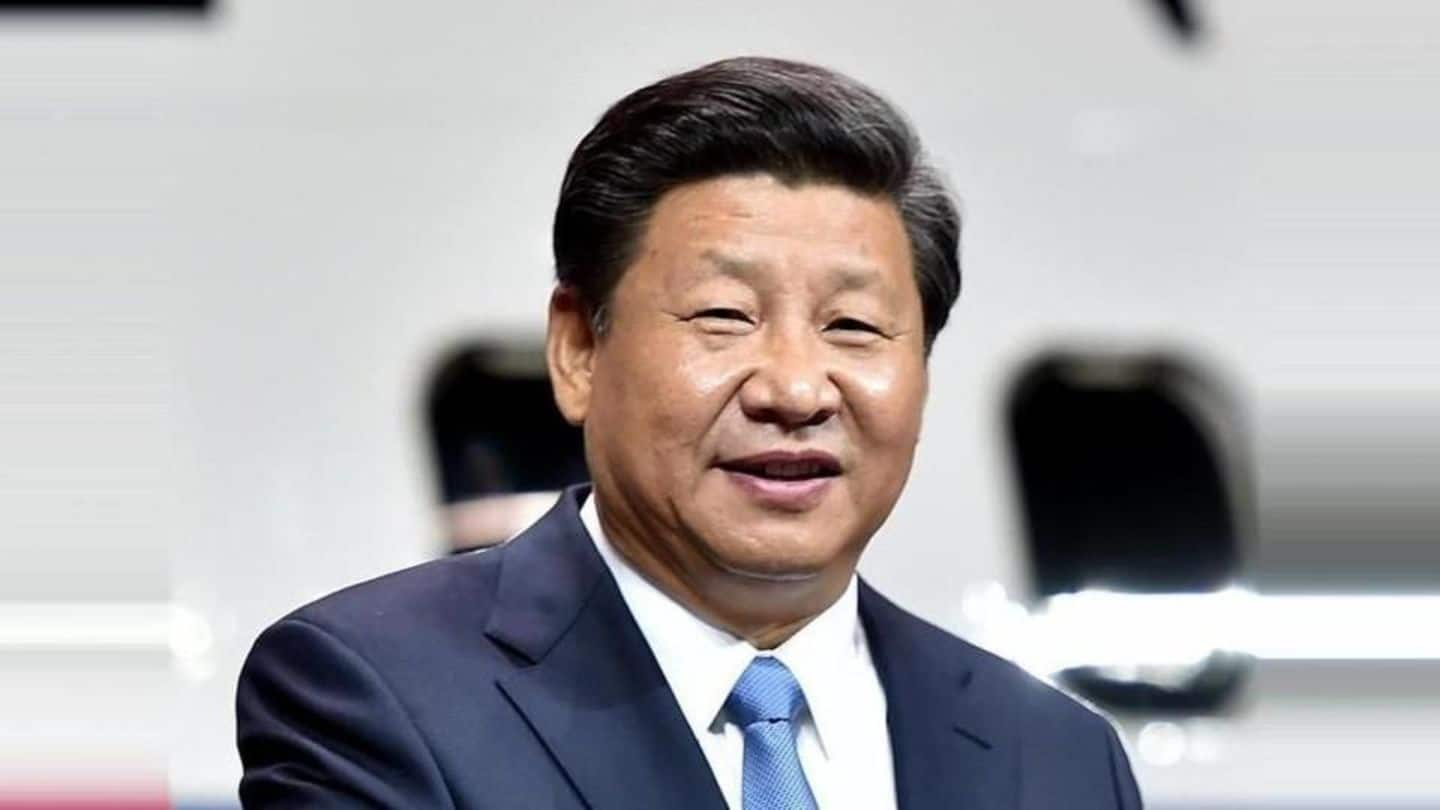
Xi Jinping becomes most powerful Chinese leader since Mao Zedong
What's the story
The Chinese Communist Party has voted to enshrine President Xi Jinping's ideology in its constitution.
The move elevates him to the same stature as founder Mao Zedong and is a sign of his consolidation of power in China.
The vote to include "Xi Jinping Thought" took place at the end of the Communist Party Congress, the most important political event in China.
Details
Xi had outlined his philosophy in address to Congress
In a three-hour address during the inaugural day of the Congress, Xi first introduced his philosophy.
Senior officials and state media subsequently started calling this the "Xi Jinping Thought."
Over 2,000 delegates convened today at the Great Hall of the People in Beijing to unanimously vote to enshrine "Xi Jinping Thought on Socialism with Chinese Characteristics for the New Era" in the constitution.
Significance
Why is the enshrinement of Xi's "thought" significant?
In the past, ideologies of party leaders were incorporated in the constitution.
However, besides founder Mao Zedong, none of the other leaders have had their philosophy termed as "thought," which represents the height of the ideological hierarchy.
Only Mao and Deng Xiaoping have had their names linked to their ideologies.
Now, any challenge to Xi will be considered a challenge to the Communist Party.
Explained
What is the "Xi Jinping Thought"?
The "Xi Jinping Thought" comprises of 14 main principles. Of these, the important points include:
A plan for "complete and deep reform" and "new developing ideas"
A vow of "harmonious living between man and nature"
The "absolute authority of the party over the people's army"
Importance of "one country two systems" and China's reunification (a reference to Hong Kong and Taiwan).
New era
"Xi Jinping Thought" marks third chapter of modern China
The "Xi Jinping Thought" will be studied by students, workers at state-owned factories and 90 million Communist Party members.
The "new era" phrase marks the third chapter of modern China.
The first chapter comprised of Mao's unification of the country. The second was the Deng-driven national development. The third is about more unity, wealth and China's emergence as a global power.